June 30, 2015
Is the environment now a non-issue for building occupiers and managers?
 This week, I took part in a series of debates in London and Manchester. The discussions, led by Rob Kirkbride of the US workplace design trade journal Monday Morning Quarterback, focused on workplace trends in North America and Europe, based on the issues that dominated the recent Neocon show in Chicago. This in turn is based on the premise that what suppliers talk about when they present their products in public reflects what their clients are saying to them. However, one subject we didn’t cover in any detail was the environment, because nobody was talking about it very much at Neocon. Indeed nobody seems to talk about it very much at exhibitions anywhere these days. While few would deny that sustainability is an important subject, could it be that it is now something of a non-issue for building occupiers and their suppliers?
This week, I took part in a series of debates in London and Manchester. The discussions, led by Rob Kirkbride of the US workplace design trade journal Monday Morning Quarterback, focused on workplace trends in North America and Europe, based on the issues that dominated the recent Neocon show in Chicago. This in turn is based on the premise that what suppliers talk about when they present their products in public reflects what their clients are saying to them. However, one subject we didn’t cover in any detail was the environment, because nobody was talking about it very much at Neocon. Indeed nobody seems to talk about it very much at exhibitions anywhere these days. While few would deny that sustainability is an important subject, could it be that it is now something of a non-issue for building occupiers and their suppliers?







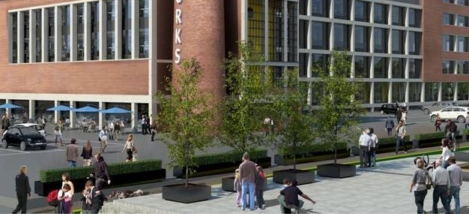
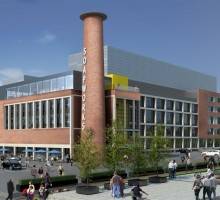


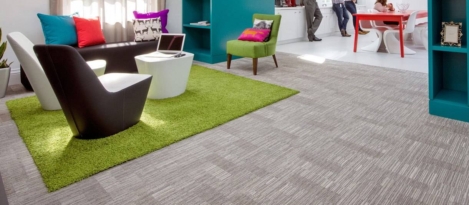
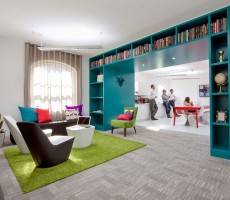
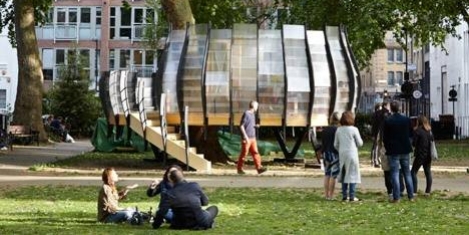
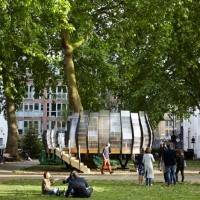


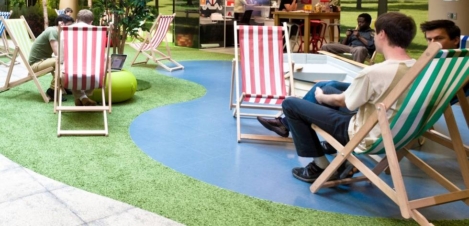
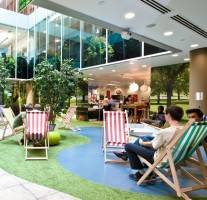
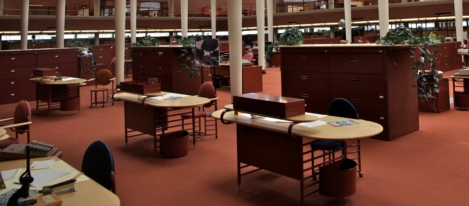
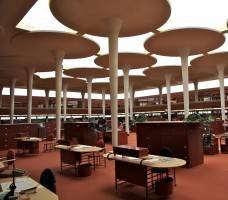
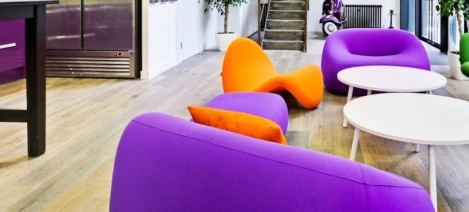
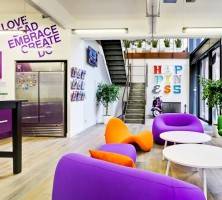
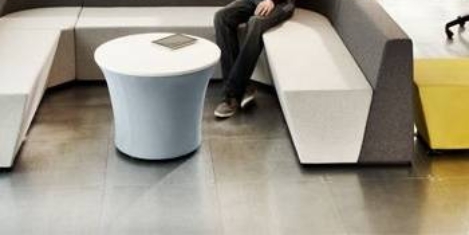
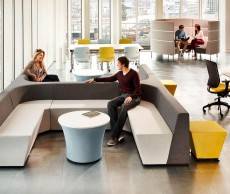








June 30, 2015
Settings, silence, serendipity, wellbeing and other lessons from Neocon
by Paul Goodchild • Comment, Events, Furniture, Workplace design
(more…)